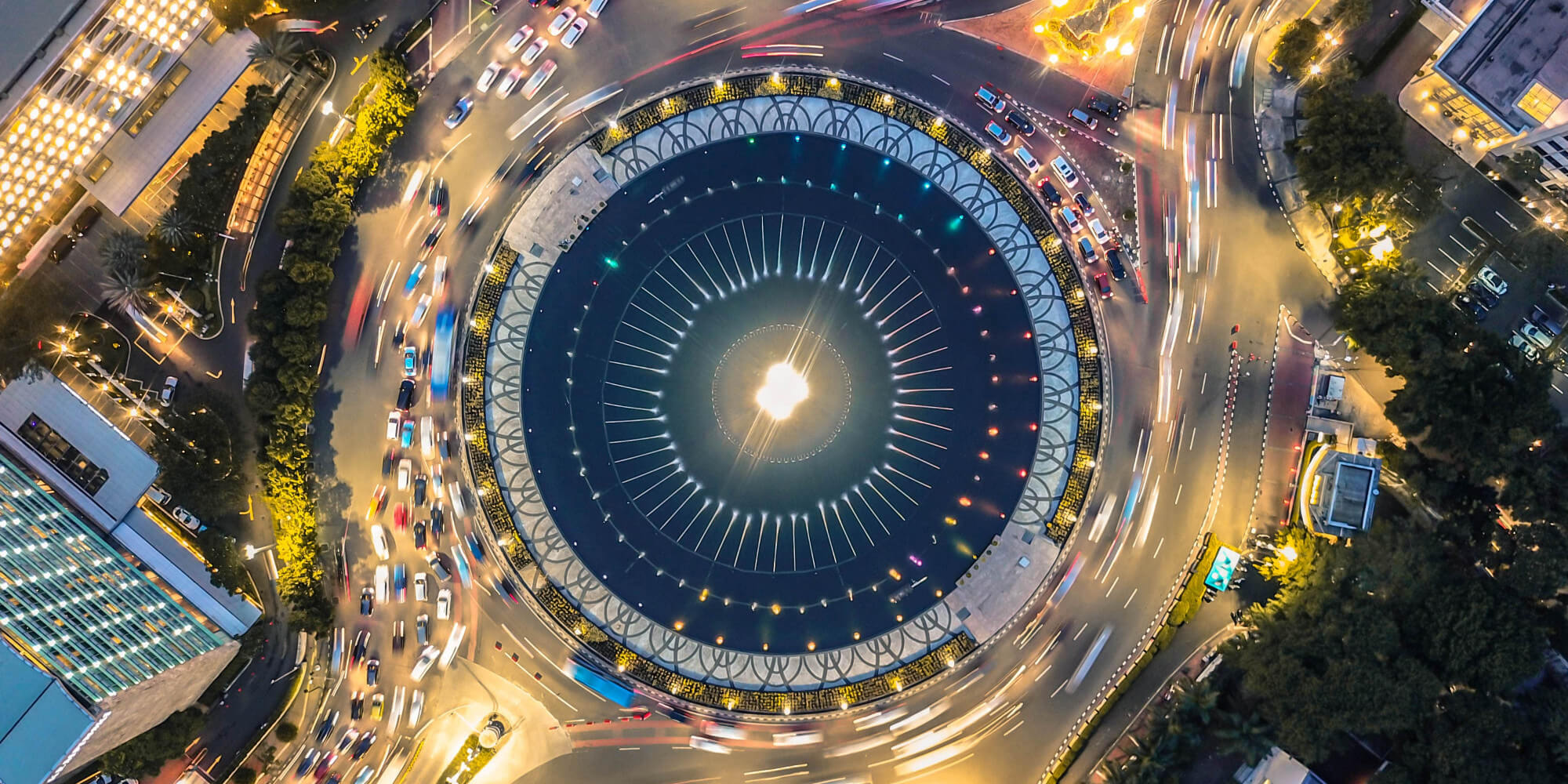The Indonesian archipelago’s Islamic economy opportunities
Indonesia has the potential to be an Islamic economy powerhouse. It has all the necessary attributes to do so: the world’s largest Muslim population, abundant agricultural land, and all the pillars of the Islamic economy – halal food, halal pharmaceuticals, halal cosmetics, modest fashion designers, Islamic-themed media, Muslim-friendly travel, and Islamic finance.
But as Sapta Nirwandar, Chairman of the Indonesia Halal Lifestyle Centre, said during a talk at the 8th Indonesia Sharia Economic Festival (ISEF), “Indonesia leads in the global halal industry space as a consumer, not as a producer.”
Indonesian consumers accounted for an estimated $184 billion out of $1.9 trillion spent by Muslims globally in 2020, according to DinarStandard data. It is a figure that can be considerably increased, in part by emulating the success of non-Muslim majority countries that have carved out a strong position in the global Islamic economy, such as Brazil (a leading halal meat exporter), South Korea (halal pharmaceuticals and cosmetics), Thailand (halal food), and China (halal food).
Indonesia has been working to turn its whole economy into an Islamic one since introducing a Halal Product Law in 2019, while government institutions such as Bank Indonesia (the central bank), are fully supportive of this transition, being a key player in organising the 8th Indonesia Sharia Economic Festival (ISEF), which was held 25-30 October.
The Vice President of the Republic of Indonesia, Ma'ruf Amin, opened the hybrid event simultaneously at the Vice President's Palace and the Jakarta Convention Centre under the theme "Magnifying Halal Industry through Food and Fashion Markets for Economic Recovery".
The Governor of Bank Indonesia, Perry Warjiyo, emphasised ISEF's contribution to the national Sharia economy, and said the country was moving forward as a global Islamic economy hub through establishing wider cooperation with international institutions, and building a stronger Islamic economy and Islamic finance ecosystem.
There have been notable advancements in developing Indonesia’s Islamic economy ecosystem. One of the most notable is an increase in Sharia economy literacy, which has risen from 16.3% to 20.01% - an indicator of how well Islamic financial instruments and the Islamic economy is understood.
Secondly, there has been increased cooperation in the sharing of ideas that resulted in the publication of the Indonesia Halal Market Report 2021/2022, a joint report by Bank Indonesia, the Indonesia Halal Lifestyle Centre and DinarStandard.
Thirdly, research has been significantly expanded through the Indonesia Research Framework for Islamic Economics and Finance under the auspices of the National Committee of Sharia Economics and Finance (KNEKS).
The 8th ISEF is a collaboration between Bank Indonesia and a number of institutions, KNEKS, MUI, BPKH, BPJPH, BAZNAS, BWI, Islamic boarding schools, organizations and associations, including PP Nahdatul Ulama, PP Muhammadiyah, ISEI, IAEI, MES, IHLC, and HEBITREN, as well as institutions and international strategic partners such as the Islamic Development Bank (IsDB), IFSB, UNDP, IILM, IIFM, the Cambridge Institute of Islamic Finance, and the International Islamic Fiqh Academy.
© SalaamGateway.com 2021 All Rights Reserved
